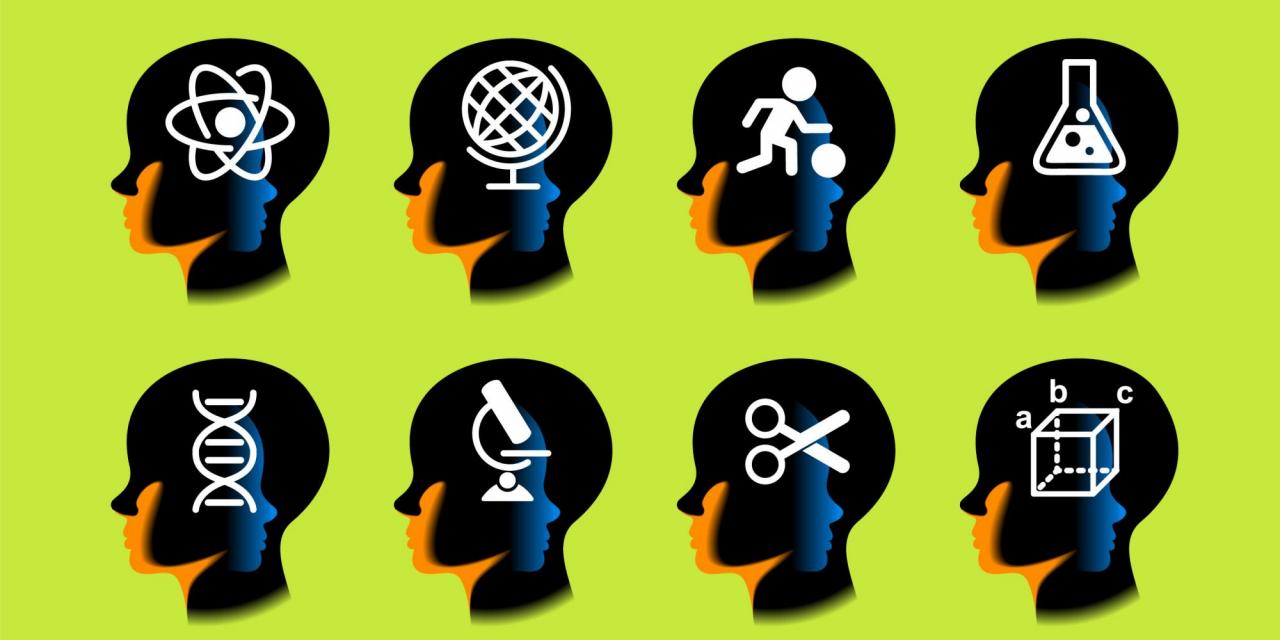
Sixty nine psychology, neuroscience, and gerontology scientists from around the world have co-signed a statement questioning the effectiveness of "brain training" games.
Perhaps the most notorious brain training games are Dr. Kawashima's Brain Age series of games published by Nintendo. Many neurologists recommend the game for prevention of dementia/Alzheimer however Nintendo consistently refused to endorse those claims, stressing that it is in the entertainment business. Needless to say, very few brain training game publishers marketed their games as "just entertainment."
The widespread of those claims prompted Stanford Center for Longevity and the Max Planck Institute for Human Development to gather 69 scientists from all around the world to pen down their scientific verdict in a joint statement.
"It is customary for advertising to highlight the benefits and overstate potential advantages of their products," said Stanford professor Laura Carstensen. "But in the case of brain games, companies also assert that the products are based on solid scientific evidence developed by cognitive scientists and neuroscientists. So we felt compelled to issue a statement directly to the public."
The scientists believe that brain training games target very specific cognitive abilities with little evidence suggesting that any improvements witnessed actually transfer over to more complex real-life skills such as planning and problem solving.
"Often, the cited research is only tangentially related to the scientific claims of the company, and to the games they sell," noted Carstensen.








